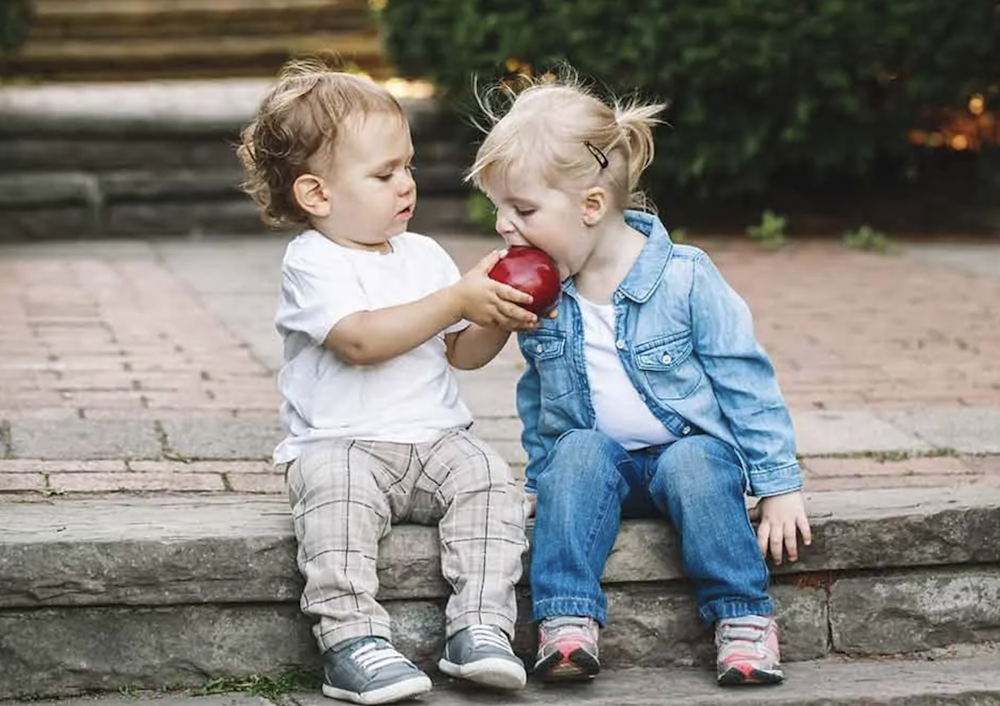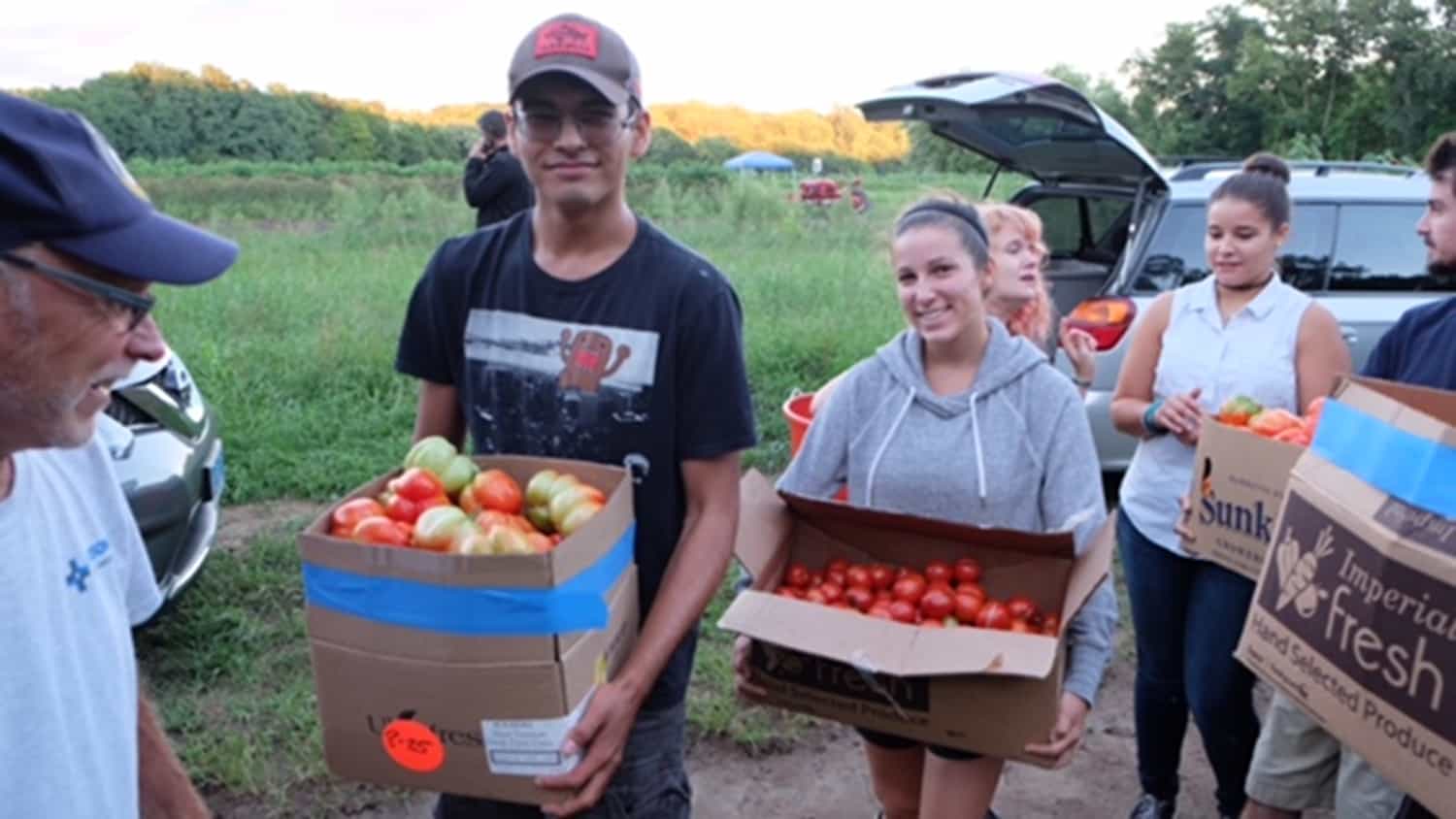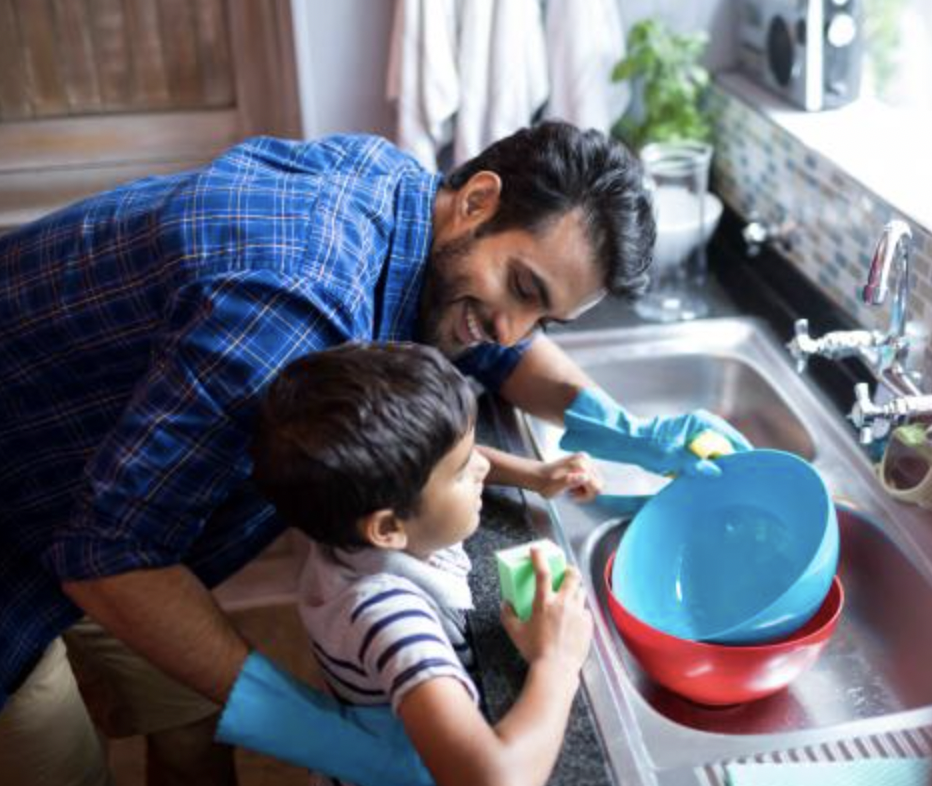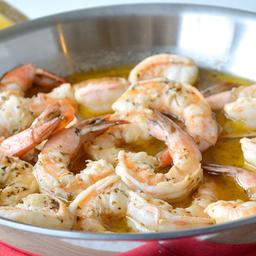 We had the most interesting discussion at our dinner party last weekend. I don’t follow the “no religion, politics or money” conversation rules of my grandparents’ day. I’m fascinated by these topics and look forward to learning through discussion and debate. Granted, some topics are super challenging to discuss, but I feel it’s important to examine all kinds of subjects and continue to educate ourselves.
We had the most interesting discussion at our dinner party last weekend. I don’t follow the “no religion, politics or money” conversation rules of my grandparents’ day. I’m fascinated by these topics and look forward to learning through discussion and debate. Granted, some topics are super challenging to discuss, but I feel it’s important to examine all kinds of subjects and continue to educate ourselves.
At last weekend’s party, the conversation centered around world affairs. What’s been happening is horrifying and scary. Everyone agreed that they often feel saddened and frustrated with the recent events. Why do some people choose conflict over cooperation? And what can we do to encourage cooperation?
As a group, we didn’t give up, shrug our shoulders and move on to another topic. While we all agreed we aren’t in a position to significantly influence world leaders, we did feel we can empower those in our immediate orbit…our friends, family and even strangers.
If you can’t feed a hundred people, feed just one. ~Mother Teresa
Right from our dining room table, we decided that the key to cooperation was kindness. I felt the temperature change from despair and hurt, to hope and joy. We could make a difference in small but not insignificant ways. We all have young children and agreed kindness was one of the most important skills we could nurture in them. We got a pad and pen and started to list all the ways we would encourage a culture of kindness in our own homes and lives.
Start At Your Own Dinner Table.
Conceptualize and Construct:
Conversation at the dinner table is a great way to teach our children (and remind ourselves) about important topics such as kindness.
- How are we kind? Ask your children what this means to them. Can you be compassionate, caring and helpful? Should you get a reward for your kindness?
- Why do we value it? Kindness can boost feelings of confidence, being in control, happiness and optimism. Those that practice kindness have healthier lives with reduced stress and lower blood pressure. They tend to live longer and are less lonely.
- How does it make you feel when you have shown kindness, or when someone has been kind to you?
I’ve learned that people will forget what you said, people will forget what you did, but people will never forget how you made them feel.” ~Maya Angelou
Demonstrate:
Instead of asking “How was your day”… ask these leading questions every night.
- What kindness did you do today? It can be as small as smiling, holding a door or helping pick up dropped groceries for a stranger.
- What kind thing did someone do for you?… Did someone offer to play with you?
- What kind thing did you observe someone else doing? …Picking up the trash someone “forgot” to throw away?

Practice:
Brainstorm together ways to show kindness. Soon random acts of kindness will become second nature.
- Offer a seat on the bus to the new kid.
- Share your dessert with someone.
- Hold the door open for the person behind you.
- Text your grandmother to tell her you love her.
- Tell someone you think they are nice, kind, funny, talented etc.
- Make a list of ideas such as this kickstart list from the Mayo Clinic.
- Share with your family the kindnesses you witnessed that day.
How do we change the world? One random act of kindness at a time. ~Morgan Freeman
Reinforce: 
Although it is important to show compassion in the moment, kindness can also be a planned activity.
- Make casseroles for the homeless shelter.
- Take a container of soup to your elderly neighbor.
- Offer to help your brother organize his toys.
- Make bags of helpful goods such as toothpaste, deodorant, water etc. for those in need.
- Donate earnings from chores to a charity.
- Help clean the dinner dishes even though it’s not your turn.
Kindness is the language which the deaf can hear and the blind can see –Mark Twain
Kindness In the Kitchen!
Search for more delightful recipes in your DinnerTime Recipe Box.
Use the filter function (found on right of your DinnerTime Recipe Box search) to find desserts, main dish, side dishes etc.



